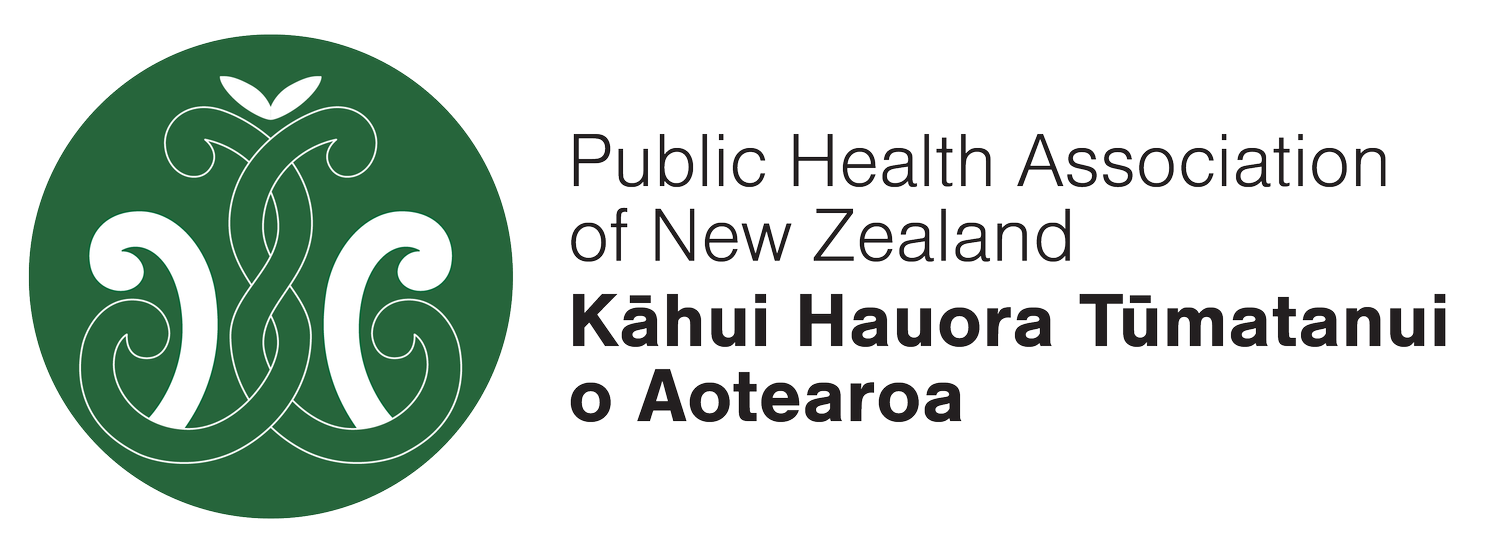INFANT FORMULA STANDARDS
CALL TO RE-EVALUATE NEW ZEALAND’S DEPARTURE FROM JOINT INFANT FORMULA STANDARDS FOR CHILD HEALTH AND SAFETY
Upholding standards in infant formula cannot be overstated for ensuring the health and safety of infants. The Public Health Association of New Zealand has raised concerns regarding New Zealand's move away from the joint infant formula standard and has called for a re-evaluation of this decision, citing the critical role of these standards in ensuring the nutritional welfare of infants.
The stance suggests that individuals should research infant formula, which could lead to challenges due to the variability in access to comprehensive and reliable information regarding infant nutrition. This method places a significant responsibility on parents and caregivers, who may need more expertise to navigate the complexities of formula composition and quality. It's fundamental for regulatory bodies to play an active role in certifying the safety and nutritional content of infant food products, including formulas, to maintain public trust.
Moving away from the established joint standard with Food Standards Australia New Zealand (FSANZ) raises concerns about the potential for lowered safety and nutritional adequacy in available infant formulas. The joint standard was crafted to ensure that formulas meet stringent criteria regarding nutrients, contaminants, and labelling practices to mitigate consumer confusion and safeguard infant health based on the latest scientific research.
Deviating from this standard could lead to variations in formula regulations, potentially harming public health by creating inconsistencies in nutritional content and increasing contamination risks. Such changes could also undermine consumer confidence in product safety and quality, impacting New Zealand's standing in the global market.
The continuity ensured by the joint standard has provided New Zealand's infants with access to safe, high-quality formulas. It’s essential for the well-being of New Zealand's children that the established standards continue to guide the availability of safe, nutritionally robust infant formulas.
Reconsidering the approach to embrace the joint infant formula standard again could play a pivotal role in maintaining the health and safety of the nation's infants and preserving the overall public health framework. It would affirm the commitment to providing all infants with the best nutritional start, in line with the latest scientific insights and international safety standards.


